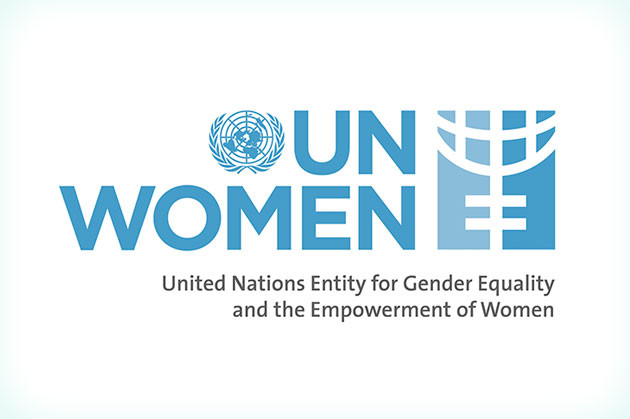
Guide to advance gender equality through sustainable bond issuances launched

A new practical guide to using sustainable bond issuances to advance gender equality was launched on 16 November, by the UN Women, International Capital Market Association (ICMA) and the International Finance Corporation (IFC).
The guide is titled ‘Bonds to Bridge the Gender Gap: A Practitioner’s Guide to Using Sustainable Debt for Gender Equality.
The UN Women in a statement said that gender inequalities persist in every country and society around the world but COVID-19 has revealed how the crisis has disproportionally affected women, with less than a decade remaining to achieve the 2030 Agenda for Sustainable Development, financing solutions that drive gender equality must be accelerated.
“Global debt capital markets can play an important role in financing progress toward gender equality in both the public and private sectors. For issuers, these bonds offer an opportunity to lead on advancing gender equality, diversify their investor base, as well as to define and communicate their commitment to the market,” they explained.
They further explained that the guide provides both the public and private market useful information on how to use sustainable bonds to finance projects and strategies that advance gender equality and offers illustrative examples of gender-related use of proceeds, as well as key performance indicators and sustainability performance targets in the case of sustainability linked bonds.
They emphasised that similar to the way in which the introduction of green bond standards and guidelines facilitated the growth of the green bond market and the development of a separate asset class, these global guidelines on gender will provide the support needed to capital markets to significantly increase the volume and quality of financing for gender equality and lead to lasting impact.
“This guide will support the ecosystem of the debt market including new and existing bond issuers, borrowers, underwriters, arrangers and external reviewers to take action to integrate gender equality objectives into sustainable debt products. It is also a resource for investors seeking to understand and support projects and strategies that are designed to advance gender equality,” they emphasised.
UN Women Executive Director Sima Bahous said the achievement of gender equality and women’s empowerment, as embodied in Sustainable Development Goal 5, is critical for humanity to progress and realize its full potential. “We are proud to be working alongside capital market actors to ensure that financing from both the public and private sectors is sustainable and inclusive, therefore this global guide is a foundational first step in this journey,” said Bahous.
Chief Executive of ICMA, Bryan Pascoe said they believe that bond markets have tremendous untapped potential to fund the advances in gender equality which are so essential for sustainable economic development. “This new practical guide, based around the use of the established Social Bond Principles and Sustainability-linked Bond Principles, is an important step forward in encouraging issuers and investors to integrate gender into sustainable bond issuances and investments,” he added.
Managing Director of IFC, Makhtar Diop said we must accelerate financing solutions that drive gender equality, even though the appetite for products that address social issues is growing rapidly, sustainable finance markets have struggled to keep up with demand. “The guide we are launching today will help address this by making it easier for issuers to raise funds for these innovative financial instruments and we hope that the public and private sectors will join us in supporting women around the world and creating better economic outcomes for us all,” he concluded.











































